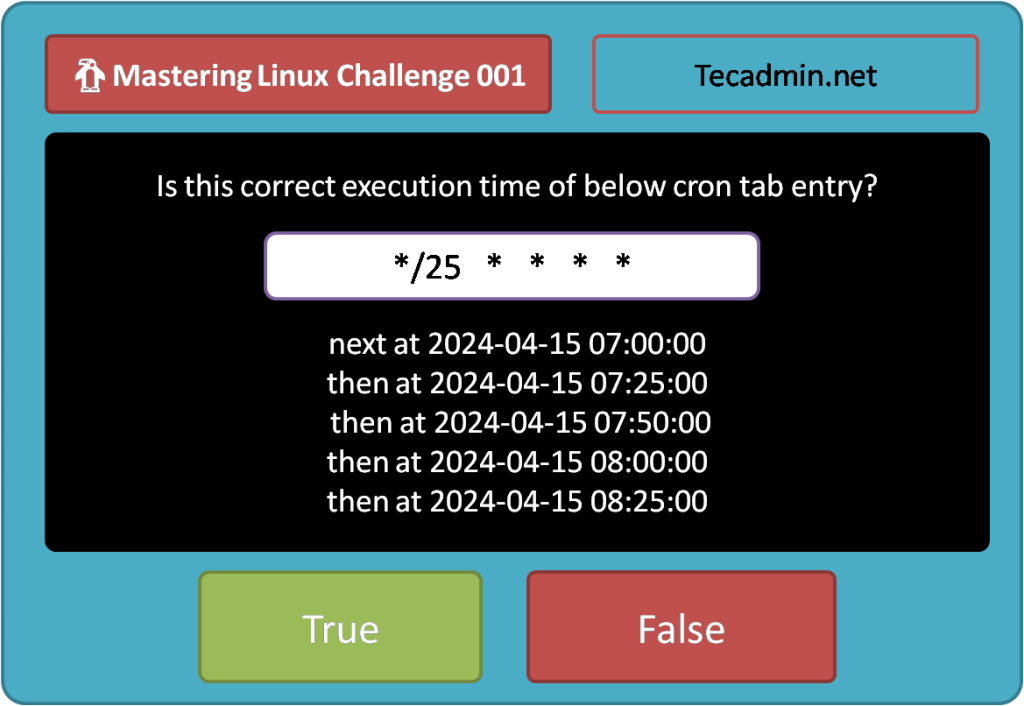As of writing this article, Node.js 20 is the latest LTS release, which is best suited for production servers. Alternatively, you can utilize the latest features with Node.js version 22. There are several ways to install Node.js on any system; however, we will focus on two methods. The first method uses NVM (Node Version Manager), which is the best and quickest way to install and manage multiple Node.js versions. The second method uses the official package repository to install Node.js on Ubuntu, allowing the installation of only one version at a time. This is ideal for production servers where applications…
Author: Rahul
Welcome to our guide on installing Google Chrome, one of the most popular web browsers available today. This article will walk you through the steps to seamlessly install Google Chrome on Ubuntu and Linux Mint systems. Whether you’re a developer or just need a reliable browser for everyday use, Google Chrome offers a range of powerful features to enhance your browsing experience. Let’s get started on setting up Google Chrome on your system. Most of the developers also like Firefox as there primary browser, so if are also one of them, These instructions will help you to install Mozilla Firefox…
While setting up a node application on Linux, I encountered the error “node-sass: Linux 64-bit with Unsupported runtime (108)”. This issue typically arises due to a mismatch between the node-sass version and the Node.js runtime. It suggests that the node-sass binary is incompatible with the installed Node.js version. This tutorial will help you to resolve the issue. Understanding the Error: This error arises when the node-sass package, which compiles Sass (.scss) to CSS, encounters an incompatibility between your current Node.js runtime version and its supported versions. The specific code (108) likely indicates an internal reference within node-sass that maps to…
PHP stands for Hypertext Preprocessor, which is remains a cornerstone of the web, powering a significant portion of websites and web applications across the internet. Majority of top websites and blogging tools are still running with PHP like WordPress, Facebook, Wikipedia etc. If you’re developing for the web on Ubuntu 24.04, installing PHP is likely one of the first tasks you’ll undertake. Do you want to build websites or run web applications on your Ubuntu 24.04 computer? If so, you’ll need to install PHP! This guide will show you how to easily install different versions of PHP (from 8.3 down…
🚀 Ubuntu 24.04 LTS is here! 🎉 Upgrading to Ubuntu 24.04 LTS (Long Term Support) is a straightforward process that promises enhanced performance, security, and new features. Whether you’re upgrading from an older LTS version or a more recent interim release, this step-by-step guide will help you navigate the upgrade process smoothly. Ubuntu 24.04 LTS, also known as Noble Numbat, brings with it an array of improvements and updates that make the upgrade worthwhile for both desktop and server users. Step 1: Backup Your Data Before proceeding with the upgrade, it’s crucial to back up your important data. This can…
Have you ever encountered the cryptic “Too many open files” error message on your Linux system? It can be frustrating and may also stop your work progress. In this guide, we will understand about this error that is related to file descriptors, the culprit behind this error, and provide a proper solution. Understanding File Descriptors Imagine your Linux system as a bustling office. Files are documents, and processes are employees who need access to these documents to work. File descriptors act as intermediary passes – unique numbers assigned to open files. A process uses a file descriptor to interact with…
In today’s blog post, we’re diving into a fun and educational Python coding challenge that will test your skills in string manipulation and dictionary handling. This challenge is perfect for beginners who are looking to get more hands-on experience with Python. Let’s break down the challenge and then go through a step-by-step guide on how to solve it. Objective The goal is to write a Python program that counts the frequency of each alphabetic character in a given string and outputs the result in a dictionary format. Requirements User Input: The program should prompt the user to input a string.…
Java is an object oriented programming language popular among the develops. It is used for a wide range of software applications and development tasks. Installing Java on your Ubuntu system ensures compatibility and functionality for all Java-dependent operations. This tutorial focuses on installation of OpenJDK, the open-source implementation of the Java Platform, Standard Edition, on a Ubuntu 24.04 (Noble) Linux systems. Prerequisites Before proceeding to Java installation, A running Ubuntu 24.04 Linux system with root or sudo access A basic command line knowledge. Now follow the below steps: Step 1: Update Your System As a best practice make sure to…
In the realm of Linux systems administration, the crontab utility reigns supreme for automating tasks. However, crafting the perfect crontab entry can sometimes feel like solving a puzzle. Today, let’s delve into a common query: Is the execution time of a given crontab entry correct? The Crontab Entry in Question Consider the following crontab entry: */25 * * * * script_to_execute This entry appears to be scheduling a task to run at intervals of 25 minutes within each hour. But is it executing as expected? Let’s examine the scheduled times: Run at 2024-04-15 07:00:00 Then at 2024-04-15 07:25:00 Then at…
The Internet of Things, or IoT, encompasses the vast network of devices around the world that connect to the internet, gathering and sharing data. These devices range from everyday household items to sophisticated industrial tools. Linux, a robust operating system, plays a crucial role in powering many of these devices, offering flexibility, security, and stability. Why Linux is Perfect for IoT Linux is a top choice for IoT devices for several reasons: Flexibility and Open Source: Being open-source, Linux allows developers to modify it freely to suit various needs, which is ideal for the diverse requirements of IoT devices. Security:…


